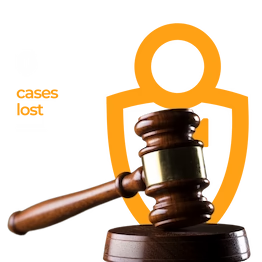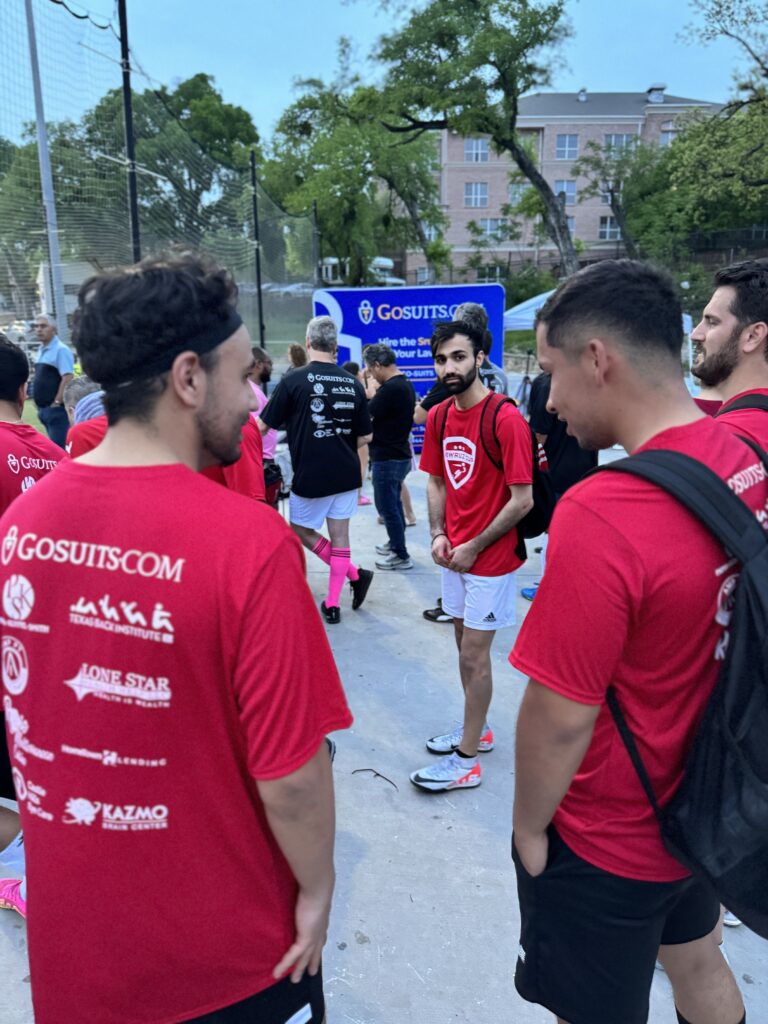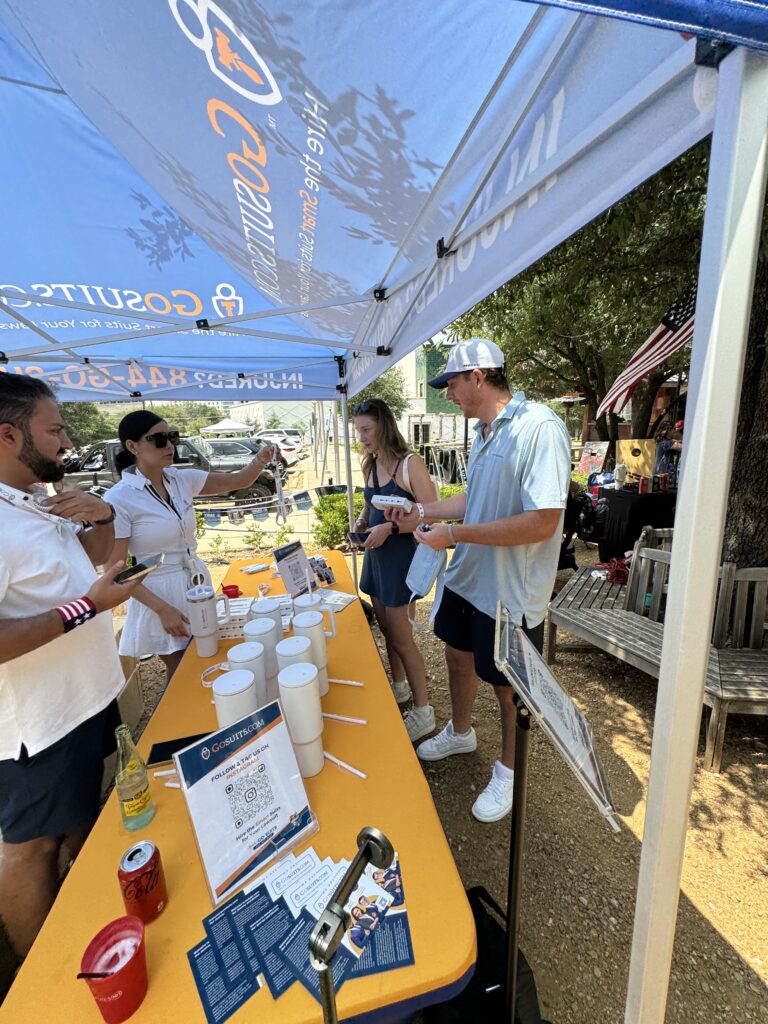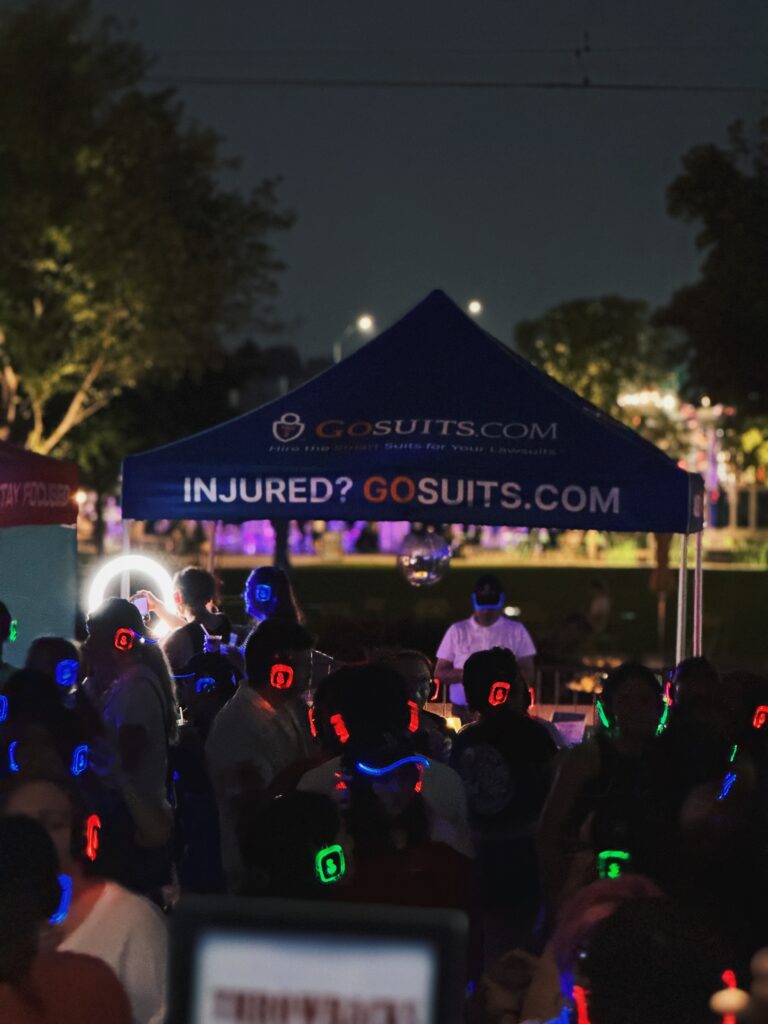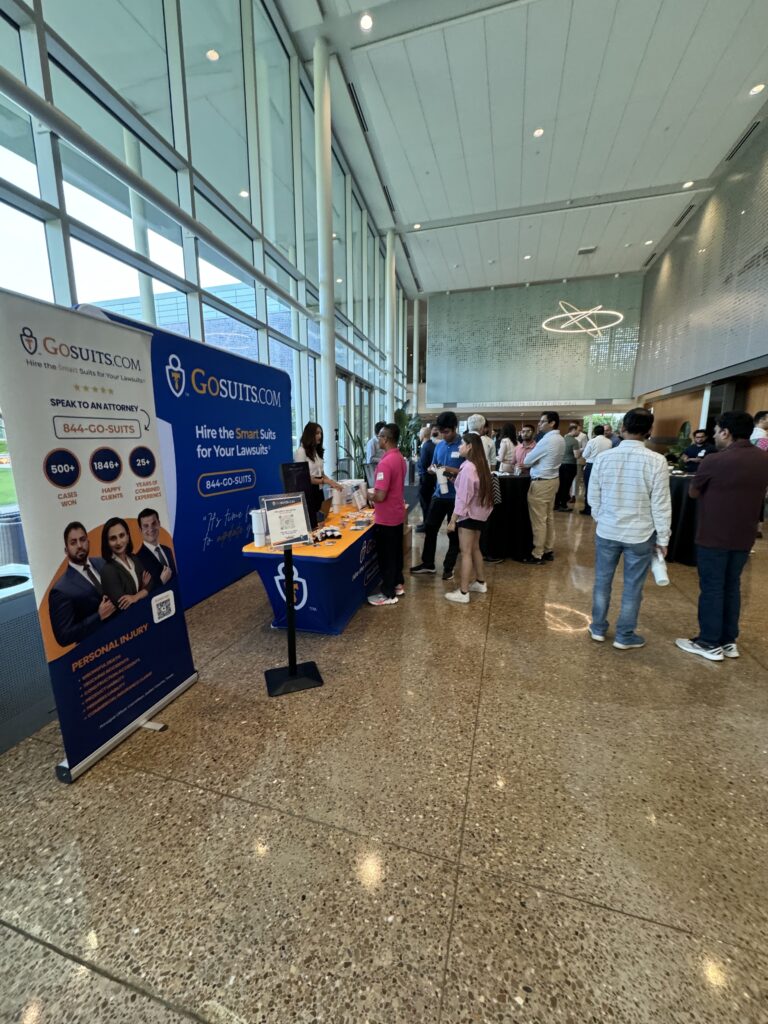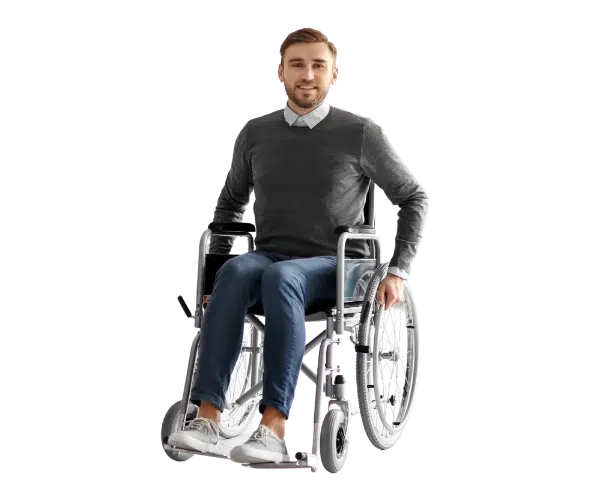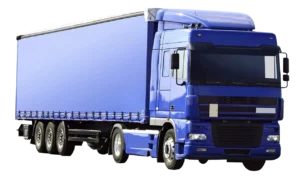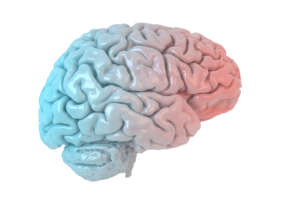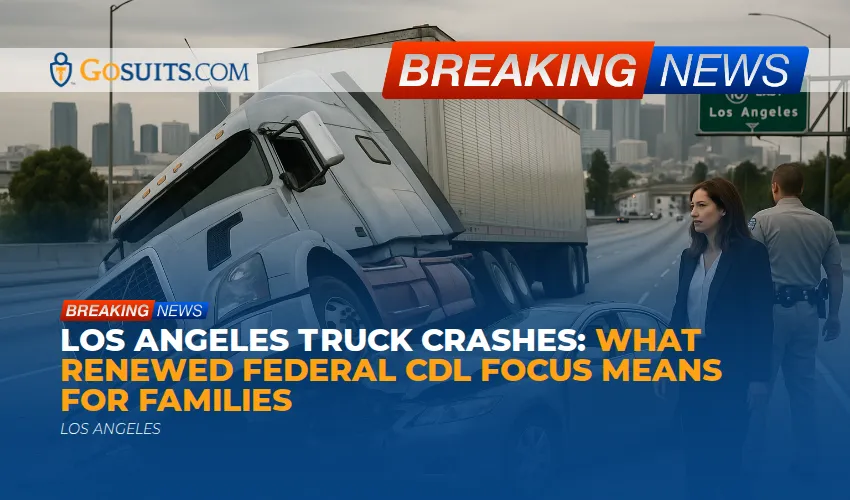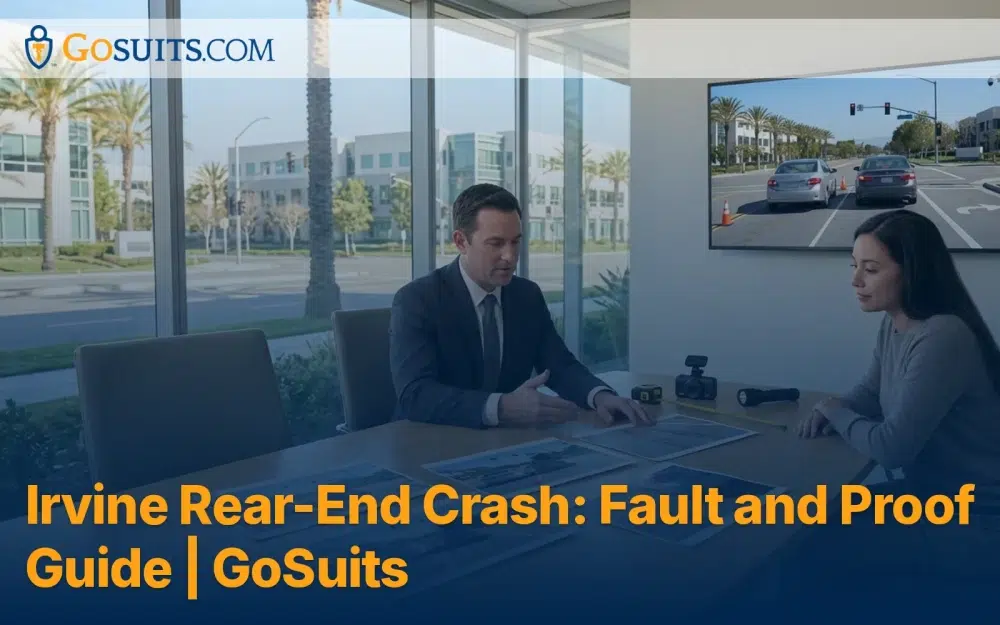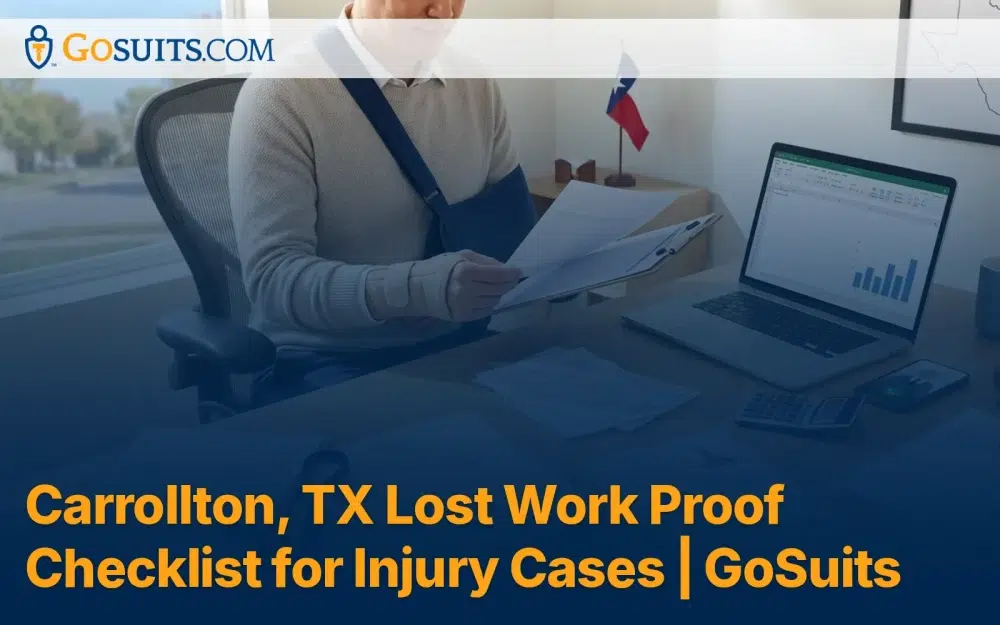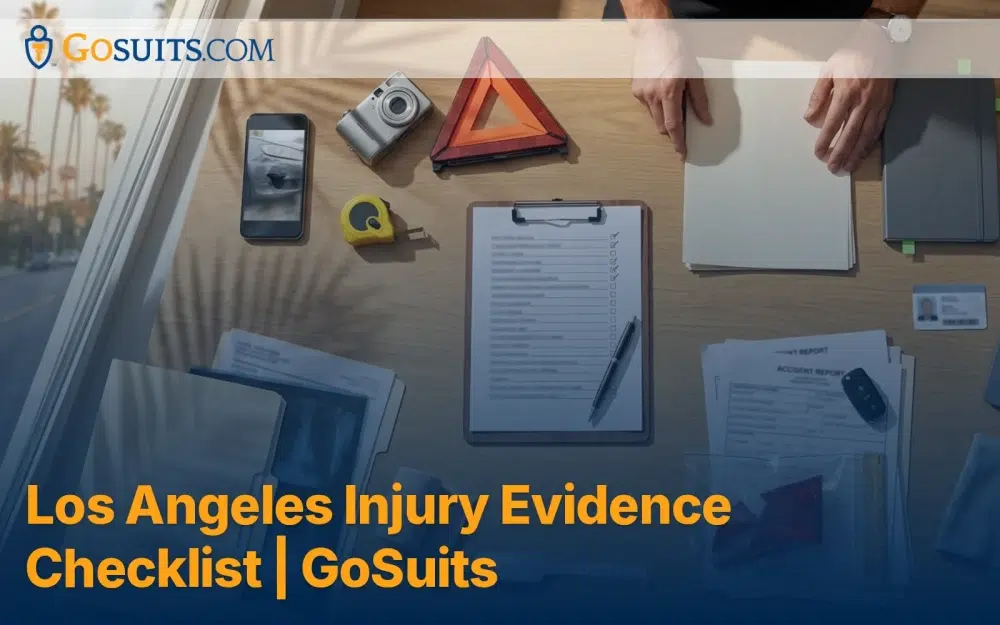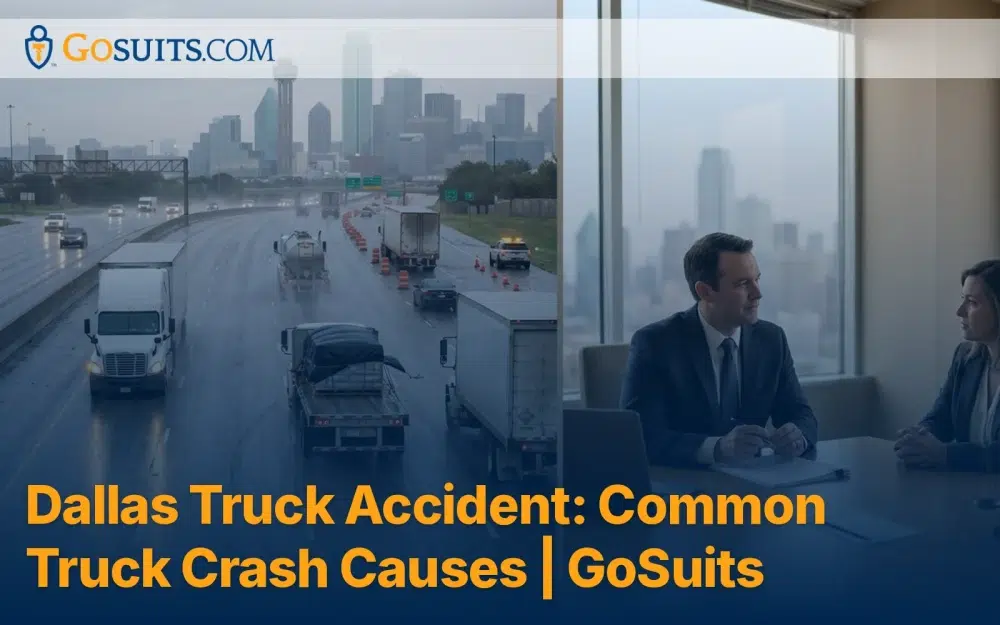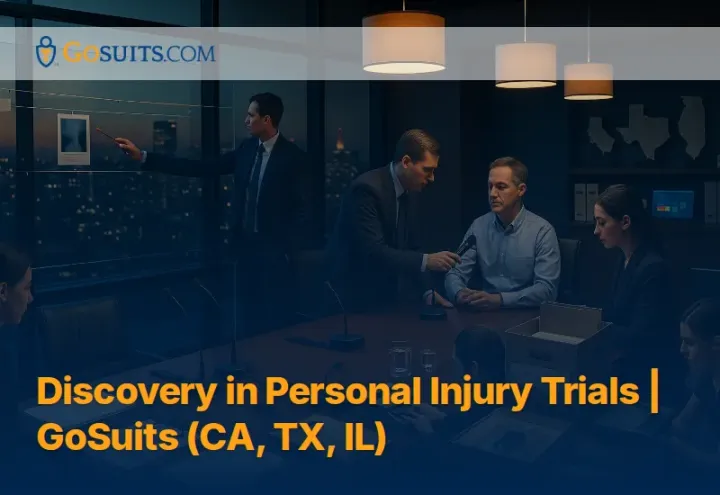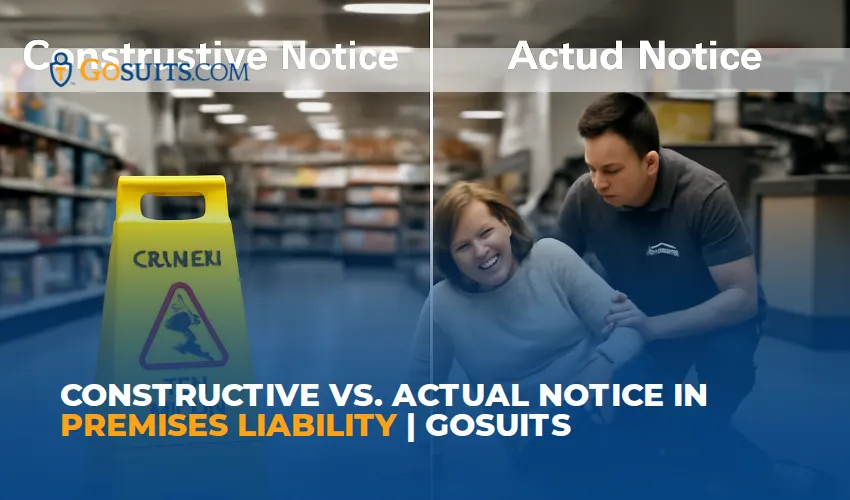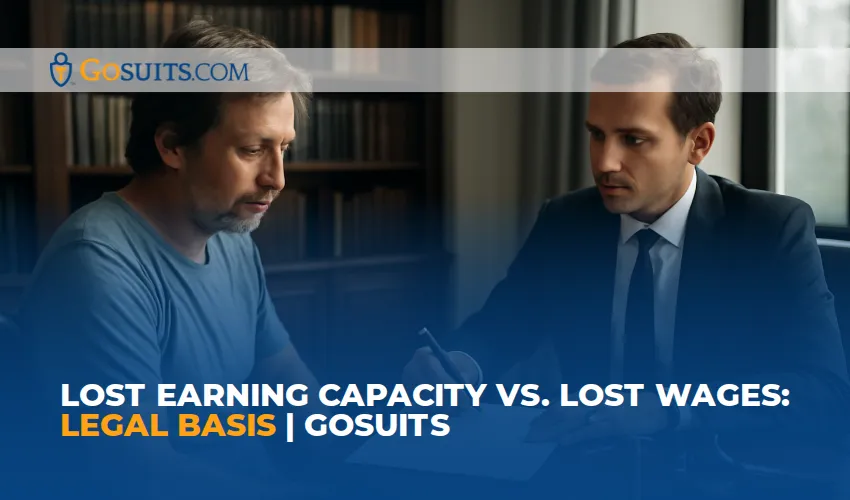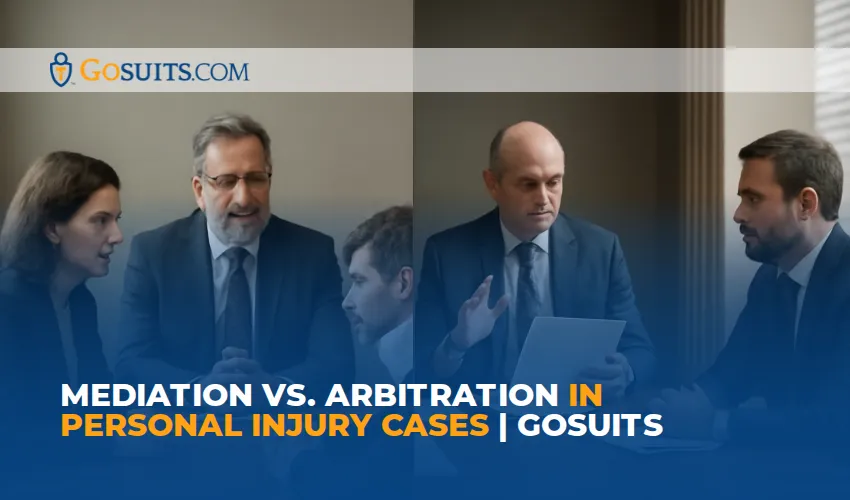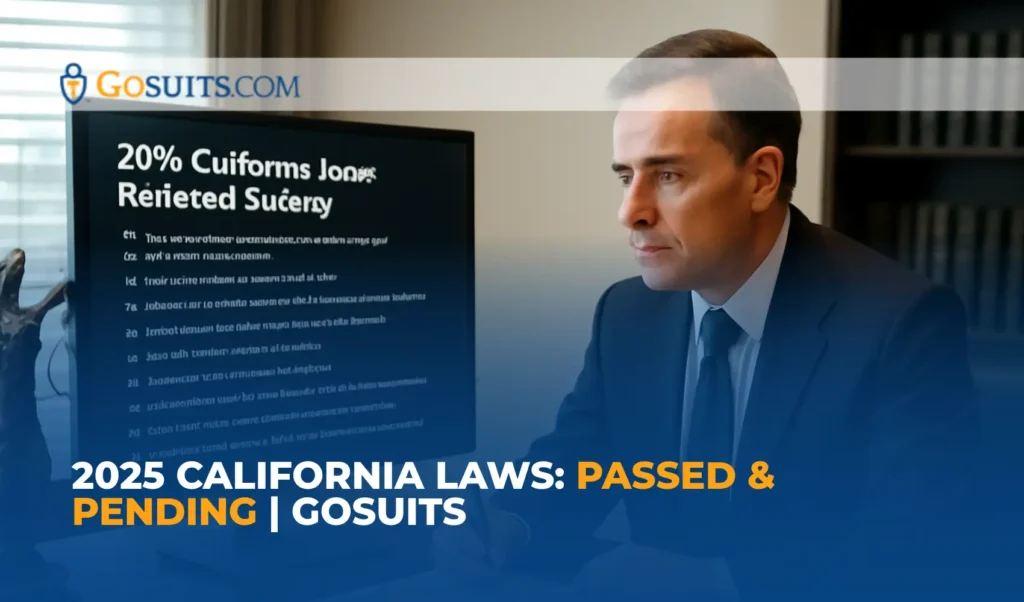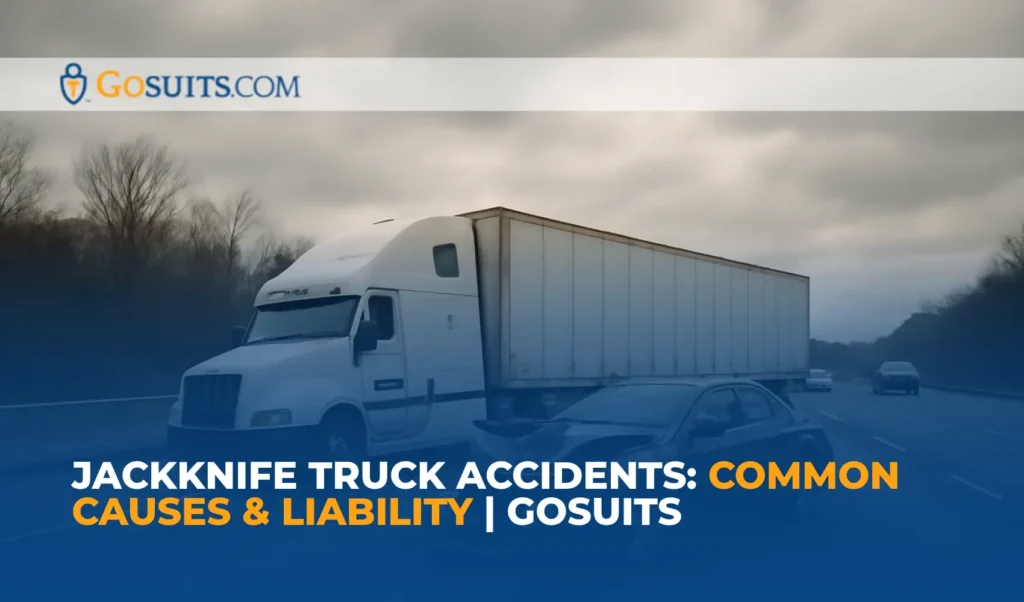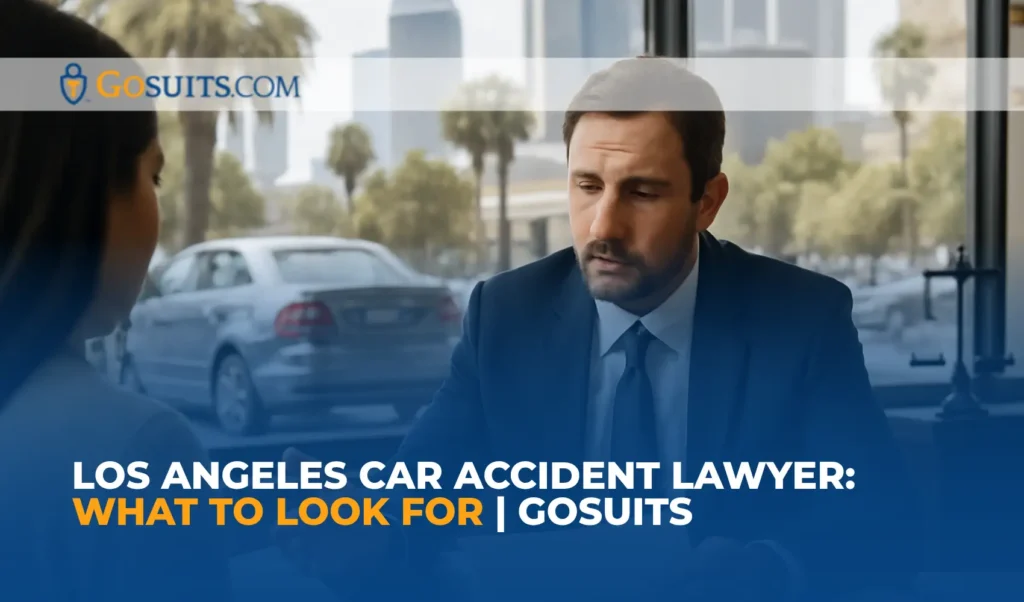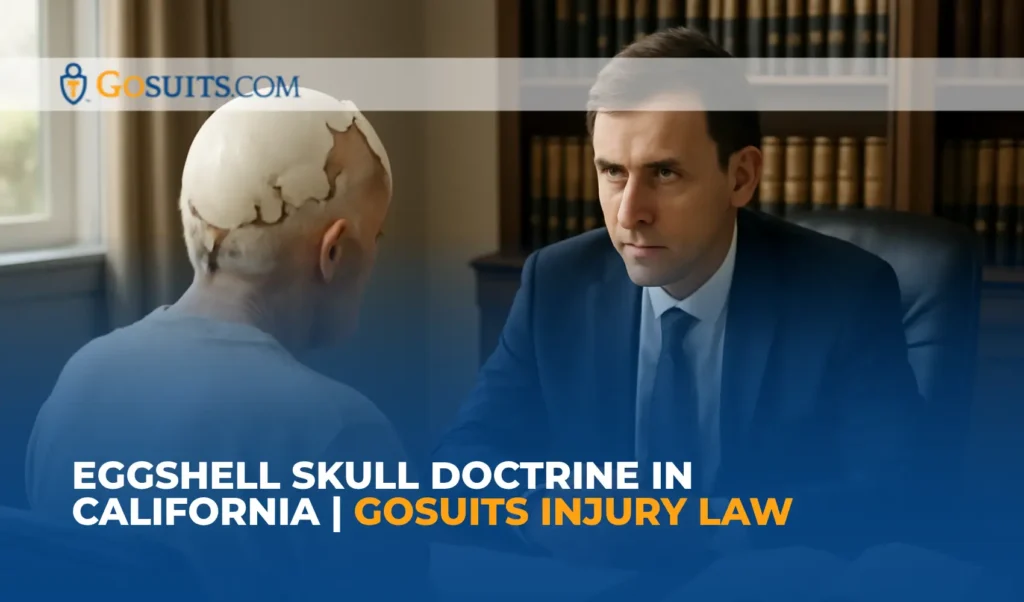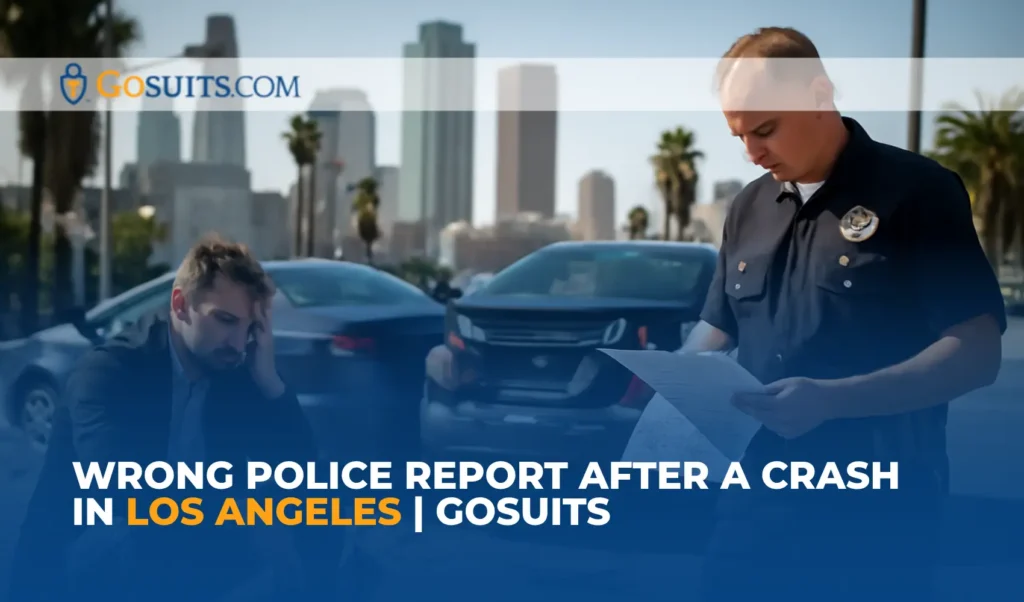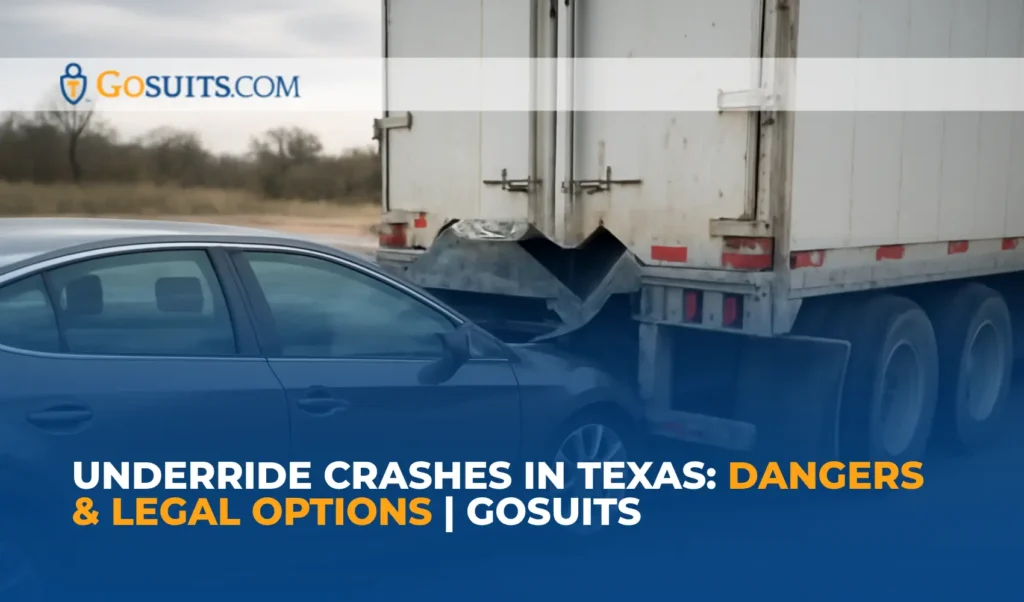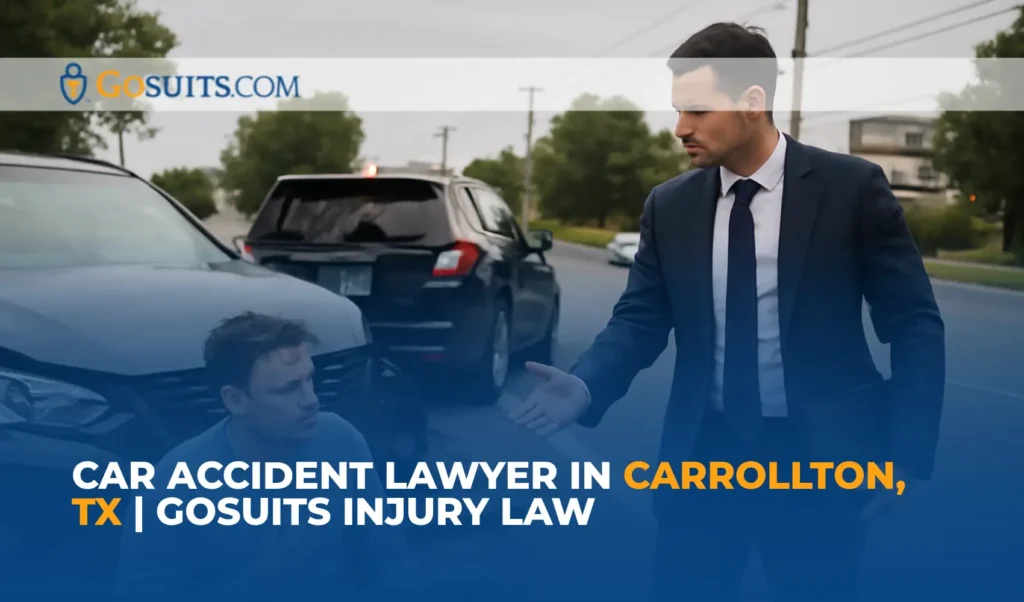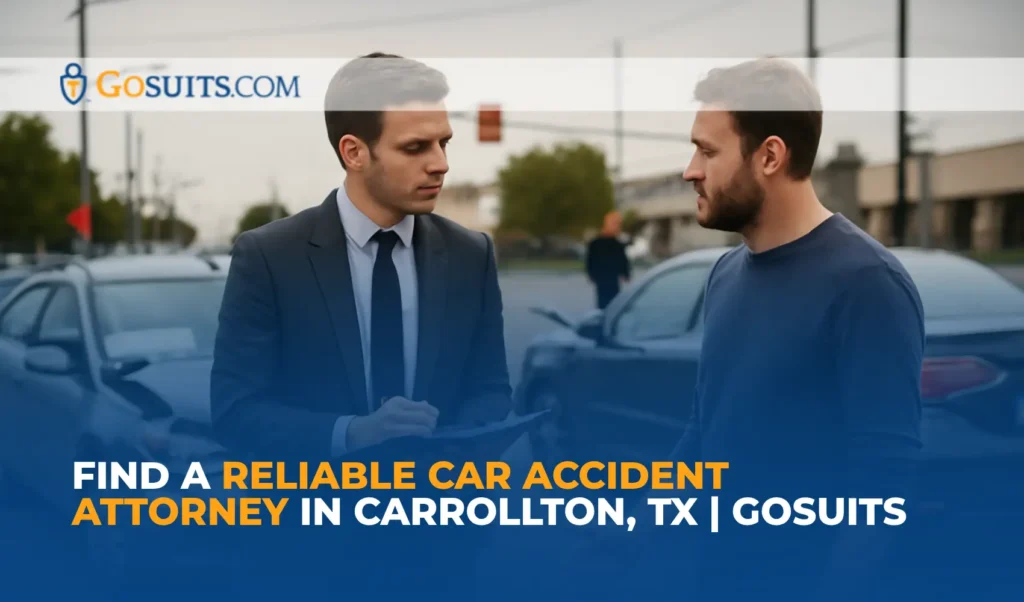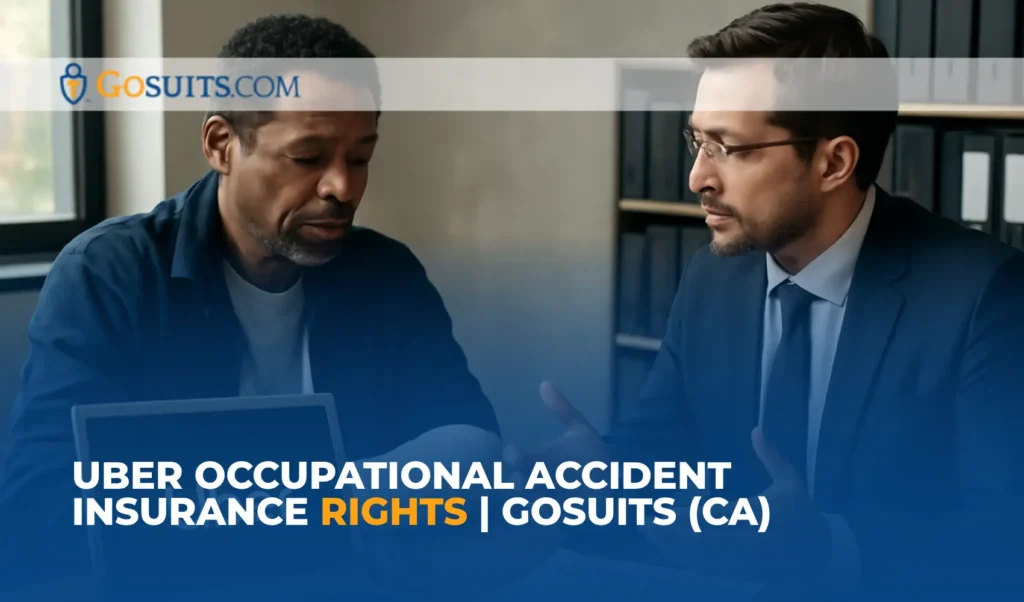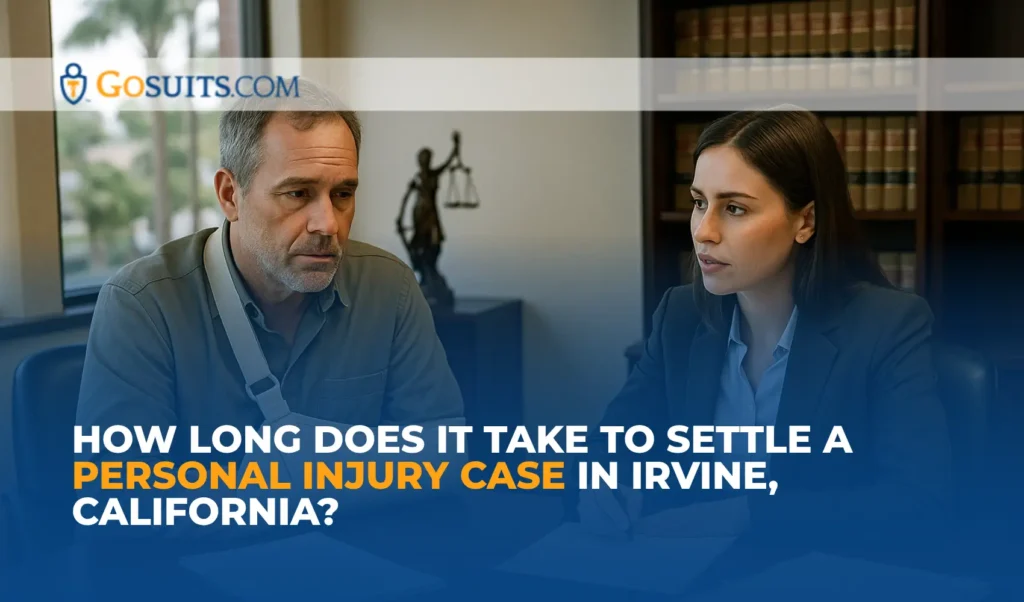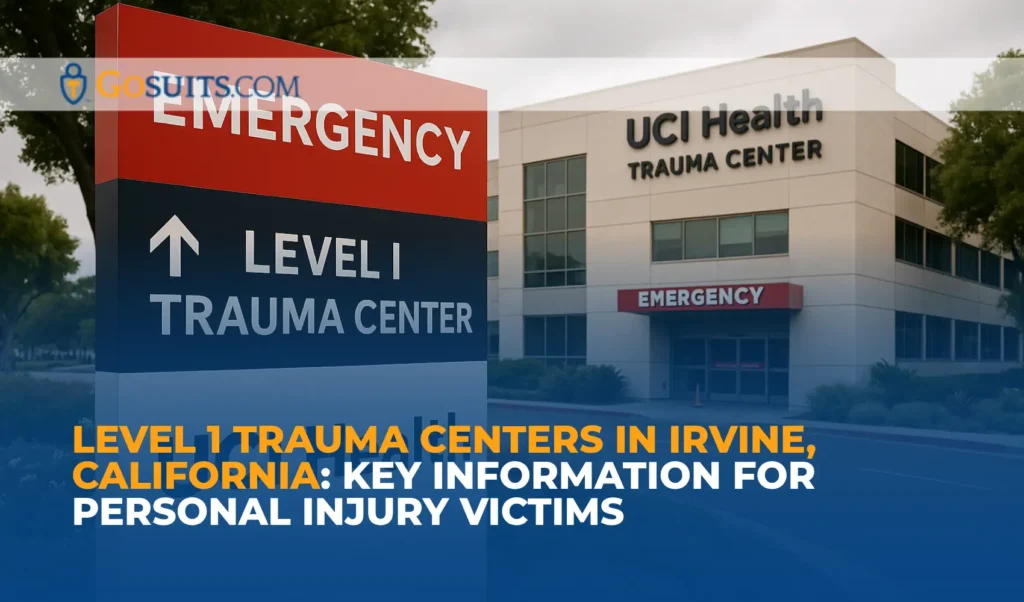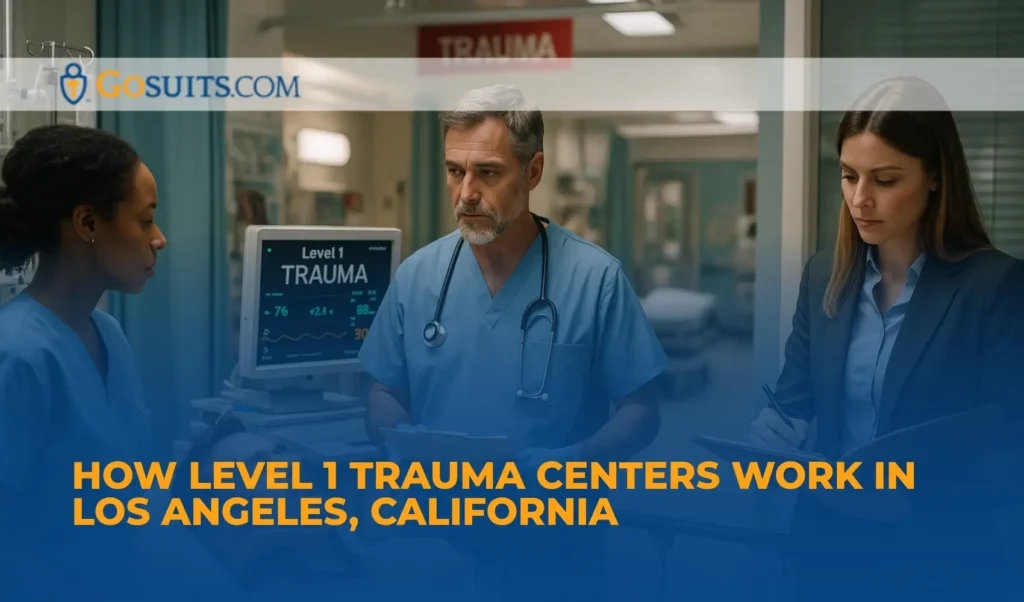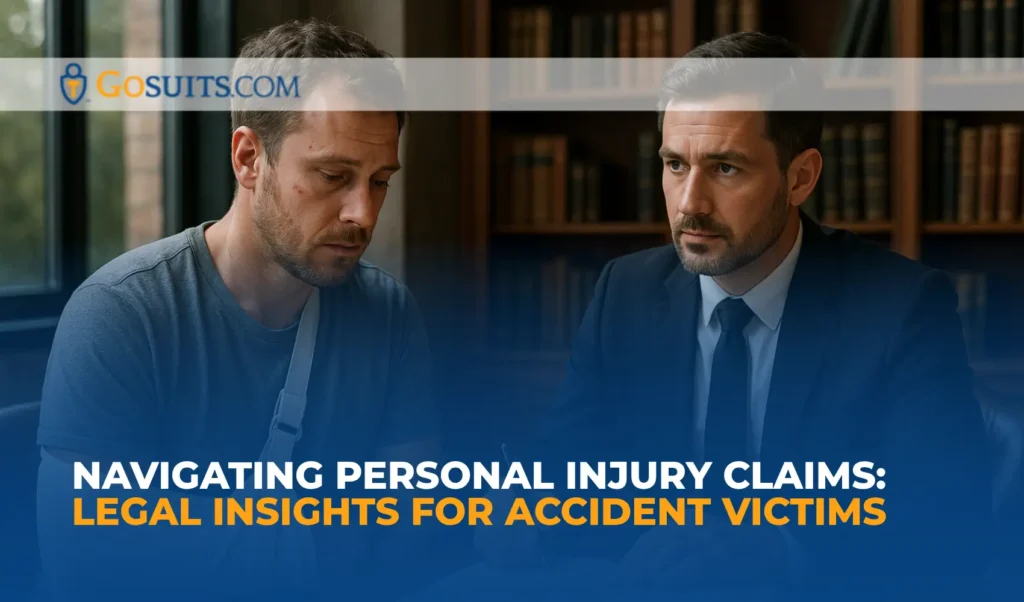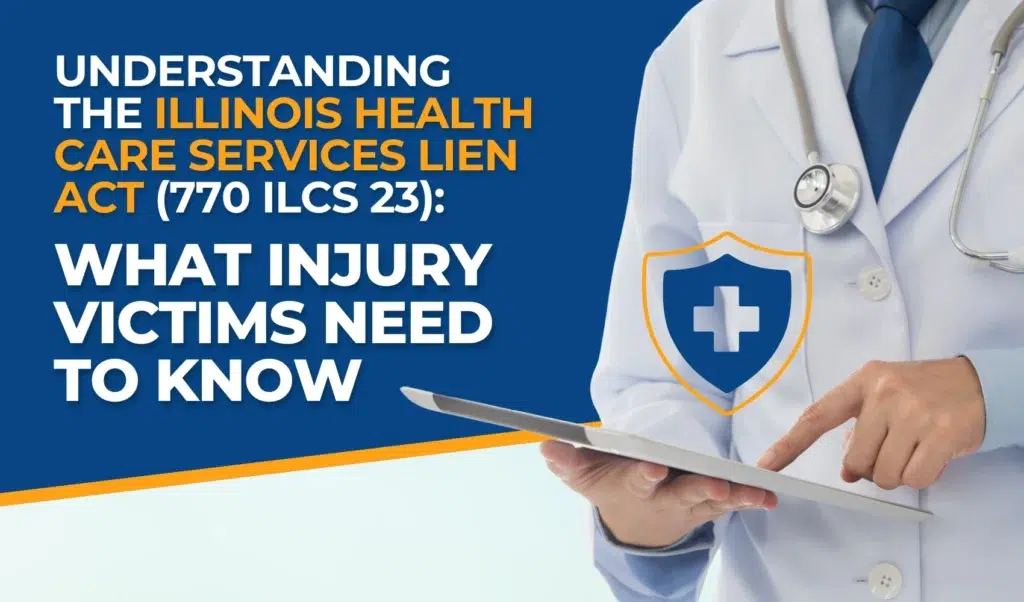
Illinois Truck Accident Injury Lawyers:
Protecting Your Rights After a Collision
Truck accidents in Illinois can change your life in an instant. The physical pain, emotional trauma, and financial hardships that follow are overwhelming, and the legal process that comes next can seem just as daunting. In these moments, having legal guidance can be the difference between struggling through the aftermath alone and pursuing the support you may be entitled to.
Understanding Truck Accidents in Illinois
Truck accidents are far more complex and severe than typical car accidents. The sheer size and weight of commercial trucks make these collisions catastrophic, particularly when smaller vehicles are involved. Illinois sees thousands of motor vehicle crashes annually, with a significant percentage involving large trucks. In 2022, there were over 1,100 fatal crashes, and more than 160 of these involved semi-trucks. The high frequency of these incidents on major Illinois highways like Interstate 57 and Interstate 55 highlights the risks drivers face daily.
Truck accidents in Illinois can be caused by a variety of factors. Driver fatigue is one of the most common issues. Despite federal regulations limiting the number of hours a driver can spend on the road, long hours and tight deadlines can lead to exhaustion and mistakes. Distracted driving is another frequent cause, with drivers using mobile devices or engaging in other distractions that take their focus off the road. Mechanical issues, such as brake failures or tire blowouts, can result in devastating consequences if trucks are not properly maintained. Additionally, improperly loaded or overloaded trucks can lose balance, causing rollovers or loss of control.
Each accident is unique, but the consequences are often similar—significant injuries, emotional trauma, and lasting financial burdens.
Common Injuries Resulting from Truck Accidents
Truck accidents often result in serious and life-changing injuries due to the size and weight of commercial vehicles. These injuries can impact every aspect of a victim’s life—physically, emotionally, and financially.
- Traumatic Brain Injuries (TBI): The force of a truck collision can cause significant head trauma. TBIs may lead to long-term cognitive difficulties, memory loss, difficulty concentrating, and emotional or behavioral changes. In severe cases, they can result in permanent disability, requiring ongoing medical care and rehabilitation.
- Spinal Cord Injuries: Damage to the spinal cord can have life-altering consequences. Injuries can result in partial or complete paralysis, affecting mobility and independence. Even less severe spinal injuries can cause chronic pain, loss of sensation, and require extensive therapy to regain movement and strength.
- Broken Bones and Fractures: The impact of a truck accident can lead to multiple fractures, some of which may require surgical intervention. Common fractures include arms, legs, ribs, hips, and pelvis. Recovery can be lengthy and may involve physical therapy, casting, or additional surgeries to restore mobility.
- Internal Injuries: The force of an impact can cause internal bleeding or damage to vital organs such as the liver, spleen, kidneys, or lungs. These injuries may not be immediately noticeable but can be life-threatening if not diagnosed and treated promptly.
- Neck and Back Injuries: Whiplash and other soft tissue injuries are common in truck accidents, specifically when a smaller vehicle is struck by a larger truck. These injuries can result in chronic pain, stiffness, and reduced mobility.
- Burns and Lacerations: When accidents involve fuel leaks or fires, severe burns can occur. Lacerations from shattered glass, metal debris, or road rash are also common and may result in significant scarring or disfigurement.
- Amputations: In severe accidents, crushing injuries can lead to traumatic amputation or require surgical removal of limbs. This type of injury not only results in physical impairment but also emotional trauma and long-term rehabilitation challenges.
- Psychological Injuries: Beyond physical injuries, truck accidents can lead to psychological distress, including post-traumatic stress disorder (PTSD), anxiety, and depression. Emotional trauma may persist long after physical injuries have healed, impacting a victim’s ability to return to everyday activities.
Who Can Be Held Liable?
Determining responsibility after a truck accident can be complex. Liability may extend to several parties, depending on the circumstances. The truck driver may be responsible if their actions, such as violations of traffic laws or negligent driving behaviors, contributed to the accident. However, liability can also involve the trucking company if it failed to uphold safety regulations or maintain its vehicles properly.
Manufacturers may bear responsibility if a defect in the truck’s design or parts played a role in the accident. Additionally, third-party contractors responsible for cargo loading could be liable if improper loading contributed to the crash. Each accident requires a thorough investigation to identify the responsible parties and understand the factors involved.
Compensation You May Recover
While every case is unique, and the specific compensation available depends on the details of the accident and the extent of the injuries, several common types of damages may be considered in a legal claim.
- Medical Expenses: This includes the costs of immediate and long-term medical care. Expenses can cover emergency room visits, hospital stays, surgeries, medications, diagnostic tests, rehabilitation, physical therapy, and any necessary medical equipment such as braces, wheelchairs, or crutches. If long-term care or specialized treatments are required, these future medical costs may also be included.
- Lost Wages: Serious injuries often result in time away from work. Compensation may be available for wages lost during recovery. This includes not only immediate income loss but also the potential for future lost earnings if the injuries limit the ability to return to the same occupation or reduce earning capacity in the long term.
- Loss of Earning Capacity: In cases where injuries result in permanent disability or limitations, victims may be compensated for the loss of future earning potential. This is particularly relevant if the accident impacts a person’s ability to pursue career advancement or maintain steady employment.
- Pain and Suffering: Physical injuries often come with significant pain and emotional distress. Compensation may reflect the severity and duration of physical pain endured, as well as emotional challenges like anxiety, depression, or the psychological impact of adjusting to life with a disability.
- Loss of Enjoyment of Life: Injuries that impact a person’s ability to participate in hobbies, recreational activities, or daily routines may qualify for compensation. If an accident significantly alters a victim’s lifestyle or limits their ability to engage in previously enjoyed activities, this loss can be considered as part of the claim.
- Property Damage: Victims may seek compensation for damage to their vehicle and any personal property that was affected in the accident. This can include repair or replacement costs, along with additional expenses like towing or rental fees incurred as a result of the damage.
- Disfigurement and Scarring: Severe injuries, such as burns or deep lacerations, can result in permanent scarring or disfigurement. Victims may be entitled to compensation for the physical and emotional impact of such injuries, particularly when they affect appearance or lead to long-term discomfort.
- Emotional Distress: The psychological impact of a serious truck accident can be profound, with victims experiencing conditions like post-traumatic stress disorder (PTSD), anxiety, or depression. Compensation may be pursued for the emotional harm suffered as a result of the accident and its aftermath.
- Loss of Consortium: When injuries severely affect a victim’s relationship with a spouse or family member, compensation may be available for the loss of companionship, affection, and support.
Working with Gosuits Illinois Truck Accident Injury Lawyers
At Gosuits we are committed to providing dedicated legal assistance to those affected by serious truck accidents. Clients at our firm work directly with attorneys throughout the process, receiving individualized attention and regular updates. We believe that every client deserves personal, focused support—not to be passed off to a case manager.
Our team has been recognized for its dedication, receiving positive feedback and reviews from clients on our Google Business Page. These testimonials reflect the trust placed in us and our commitment to pursuing positive outcomes. We operate on a contingency fee basis, meaning clients do not pay legal fees unless compensation is recovered. This approach allows us to focus on the case while clients focus on their recovery. We are available 24/7, providing support when it matters most.
In addition to our client-centered approach, our firm utilizes innovative technology to streamline the legal process. Clients have secure access to their case files and consistent communication with their attorneys, ensuring they stay informed and involved. Our team includes attorneys who are recognized in their fields and bring extensive experience in personal injury matters. We understand the complexities of truck accident cases and approach each with care and diligence.
If you’ve been affected by a truck accident in Illinois and have questions about your legal options, we invite you to schedule a free consultation with Gosuits to learn more about how we can assist you.










